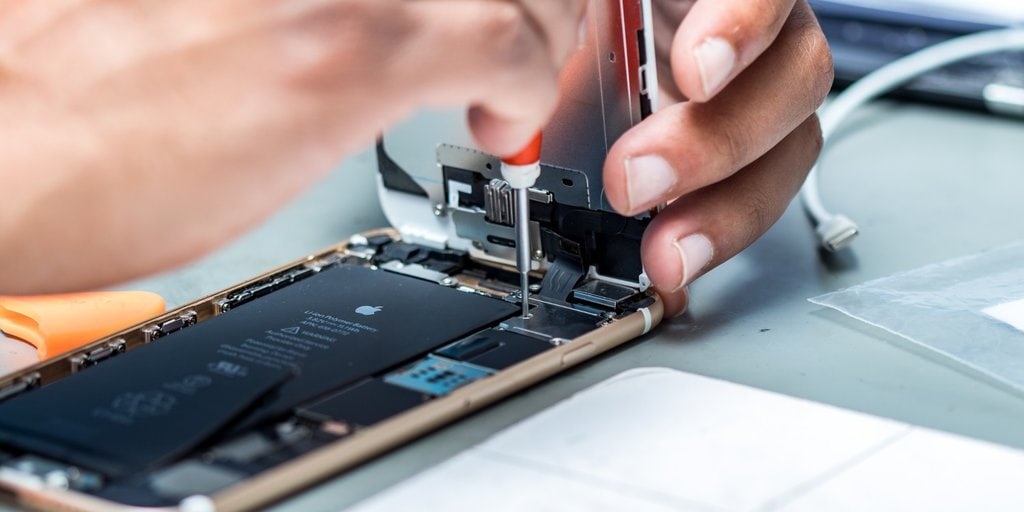Last year, the US Public Interest Research Group, a nonprofit that advocates for right-to-repair laws in the US, released its initial repairability scorecard. The scorecard graded the manufacturers of popular consumer tech devices on the ease of repair, availability of replacement parts, and accessibility of repair manuals.
Tech Items Not Repairable Enough

Some of the most prominent tech makers were assigned a failing or near-failing grade by the US PIRG. It remained difficult to repair smartphones despite this scorecard. In its second annual repairability scorecard, the organization has assessed the ability of manufacturers to design devices that can last and has identified which ones are “Failing the Fix.” The group reports that most manufacturers received higher scores than last year, indicating some progress on the repairability front.
Lucas Gutterman, the director of US PIRG’s “Designed to Last” campaign, believes that the current progress is primarily due to the growing availability of repair manuals, which are necessary for ordinary consumers or independent repair technicians to repair their devices. However, US PIRG still criticized certain companies, such as Apple and Microsoft, for what it perceives as their aggressive lobbying efforts against right-to-repair laws. The organization also deducted points from Motorola and Samsung for making it challenging to access repair parts or disassemble their phones, resulting in a lower score in the report. Despite some progress, the majority of grade improvements were marginal.
Many Companies Lobby Against Repairability

According to Gutterman, the main takeaway is that manufacturers have improved slightly but not well enough. This means people are still spending hundreds or thousands of dollars buying laptops and phones, which can easily be called disposable. Gutterman strongly believes that the situation with repairability is completely ridiculous, especially considering people can build things that last.
The grading system used by US PIRG is heavily influenced by the repairability index, which was initially introduced in France as part of an anti-waste initiative two years ago. Under those regulations, tech manufacturers are required to provide scores for their products based on their ease of repair. The reasoning behind this is that if shoppers are looking to purchase a new phone, laptop, or home appliance and can access these scores, they might be more inclined to choose products that last longer.

Opponents of right-to-repair laws have expressed concerns that making products simpler to repair could potentially compromise the safety and security of the devices. However, advocates of the repair movement have dismissed these arguments and accused the tech industry of spreading unwarranted fears. TechNet, a trade organization that represents several large technology companies, including Apple, Google, Amazon, Meta, HP, Airbnb, Uber, and Lyft, has restated its position in a statement, claiming that the current proposals for right-to-repair legislation would endanger the privacy and security of personal tech devices. Repair advocates still consider these moves as pointed at preempting legislation.